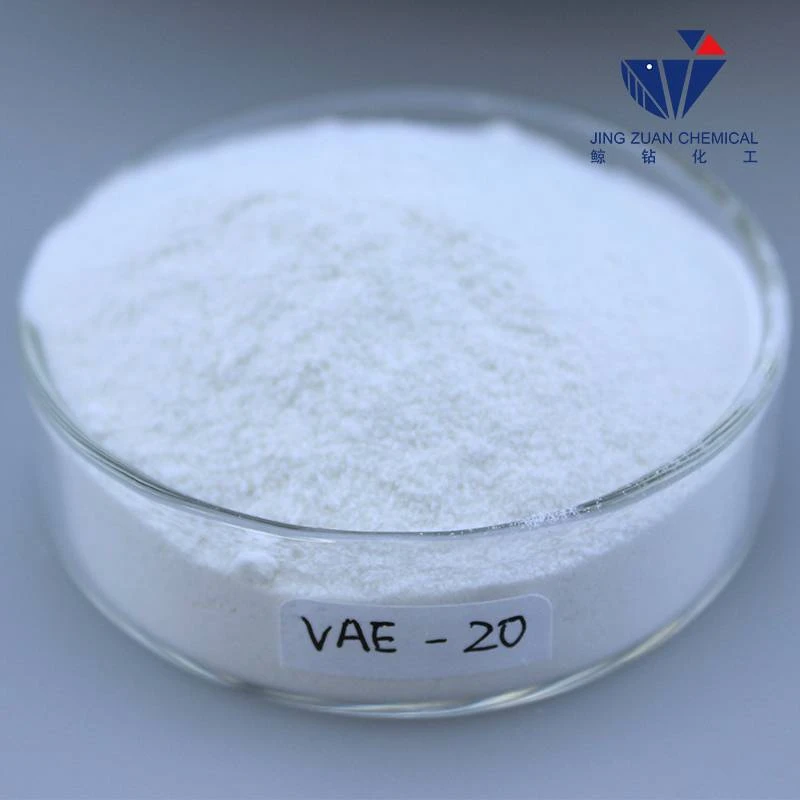
Dec . 05, 2024 14:20 Back to list
what is hydroxyethyl cellulose used for
What is Hydroxyethyl Cellulose Used For?
Hydroxyethyl cellulose (HEC) is a non-ionic, water-soluble polymer that has garnered significant attention in various industries due to its unique properties and versatility. Derived from cellulose, HEC is produced by the reaction of alkali cellulose with ethylene oxide. Its chemical structure allows it to function effectively as a thickener, binder, stabilizer, and film-forming agent, which makes it an essential ingredient in a range of applications.
What is Hydroxyethyl Cellulose Used For?
In the realm of personal care and cosmetics, hydroxyethyl cellulose is widely used as a thickener and stabilizer in various formulations, including shampoos, conditioners, lotions, and creams. Its ability to provide a smooth and consistent texture enhances the sensory experience of the end-user. Moreover, HEC’s compatibility with other ingredients allows it to be seamlessly integrated into cosmetic formulations without compromising the product’s stability. Additionally, due to its non-ionic nature, HEC does not interfere with the skin’s natural properties, making it suitable for sensitive skin formulations.
what is hydroxyethyl cellulose used for

Pharmaceutical applications are another significant area where hydroxyethyl cellulose displays its usefulness. In drug formulations, HEC can serve as a thickening agent, providing viscosity control in liquid medicines and gels. Its film-forming abilities are employed in sustained-release dosage forms, enhancing drug bioavailability while allowing for a more controlled release profile. Its biocompatibility ensures that it can be safely used in formulations intended for various medical applications, including wound dressings and ocular products.
In the food industry, hydroxyethyl cellulose is utilized as a food additive, serving primarily as a thickener and stabilizer in products such as sauces, dressings, and baked goods. By enhancing texture and improving viscosity, HEC contributes to the mouthfeel of food products, making them more palatable. Additionally, its ability to retain moisture can help in extending shelf life by reducing product spoilage.
Furthermore, HEC finds its application in agriculture, primarily in the formulation of soil stabilizers, coatings, and seed coatings. By improving water retention in soil, HEC promotes better plant growth in arid conditions. Its ability to create a barrier around seeds can also aid in protecting them from pests and diseases.
In summary, hydroxyethyl cellulose is a versatile compound with a wide range of applications across multiple industries. From construction materials to cosmetic formulations, pharmaceutical preparations, food additives, and agricultural products, HEC plays a vital role in enhancing product performance and user experience. Its unique properties—such as thickening, stabilizing, and water-retention capabilities—make it an invaluable ingredient in both commercial and industrial applications. As research continues and new applications are explored, the significance of hydroxyethyl cellulose in various fields will likely expand even further.
-
Versatile Hpmc Uses in Different Industries
NewsJun.19,2025
-
Redispersible Powder's Role in Enhancing Durability of Construction Products
NewsJun.19,2025
-
Hydroxyethyl Cellulose Applications Driving Green Industrial Processes
NewsJun.19,2025
-
Exploring Different Redispersible Polymer Powder
NewsJun.19,2025
-
Choosing the Right Mortar Bonding Agent
NewsJun.19,2025
-
Applications and Significance of China Hpmc in Modern Industries
NewsJun.19,2025







